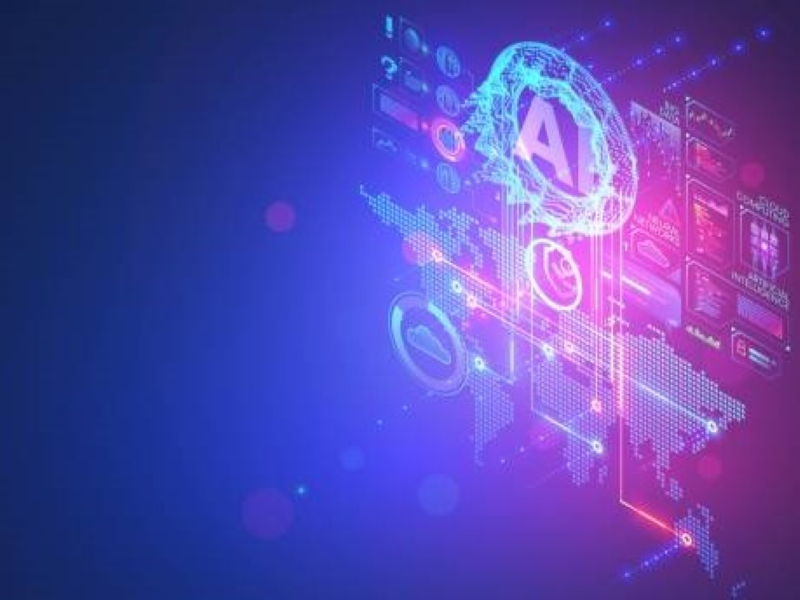- Automated reasoning is a specific discipline of artificial intelligence that applies logical deduction to computer systems.
- Automated reasoning uses mathematical, logic-based algorithmic verification methods to produce proofs of security or correctness for all possible behaviours.
Automated reasoning is a field within artificial intelligence and computer science that focuses on the development of algorithms and systems capable of performing logical reasoning tasks automatically. The primary goal is to enable computers to reason about knowledge and solve problems based on formal logic, often without human intervention. In this blog, you can have an in-depth look at what automated reasoning is, the key concepts and the applications.
What is automated reasoning?
Automated reasoning is a branch of AI focused on developing systems and algorithms that can reason logically, much like how humans use logical processes to solve problems or make decisions. At its core, it involves applying formal rules of logic to a set of facts or premises to derive conclusions or verify the validity of statements.
Also read: 2 applications of automated planning
Key concepts of automated reasoning
Formal logic: Automated reasoning systems rely on formal logic to encode knowledge and perform operations. This involves using rules and principles of logic to derive new information or validate existing statements.
Inference: The ability to make inferences is central to automated reasoning. It involves applying logical rules to known facts to generate new conclusions or insights.
Proof systems: Automated reasoning uses various proof techniques to establish the validity of statements. Common methods include resolution, natural deduction, and sequent calculus, which are employed to construct formal proofs.
Theorem proving: In the realm of mathematics, automated reasoning systems are used to prove or disprove theorems. By constructing formal proofs, these systems help verify the correctness of mathematical statements.
Constraint solving: Many practical applications involve solving constraints—conditions that must be met. Automated reasoning systems handle these constraints to solve complex problems, such as scheduling and resource allocation.
Knowledge representation: Effective automated reasoning requires robust knowledge representation systems to encode information in a way that can be processed and manipulated by reasoning algorithms.
Also read: 7 key ethical considerations in AI development
The applications of automated reasoning
Artificial intelligence: Automated reasoning is used in AI to enable systems to perform tasks that require logical analysis, such as decision-making, planning, and problem-solving.
Verification and validation: It plays a crucial role in software and hardware verification, ensuring that systems behave as expected and conform to their specifications.
Expert systems: Automated reasoning is integral to expert systems, which simulate the decision-making abilities of a human expert in specific domains.
Knowledge management: It helps in organising and managing large amounts of information, enabling systems to provide accurate answers and insights based on available data.
Mathematical proofs: Automated theorem proving helps in generating and verifying proofs for complex mathematical theorems.

